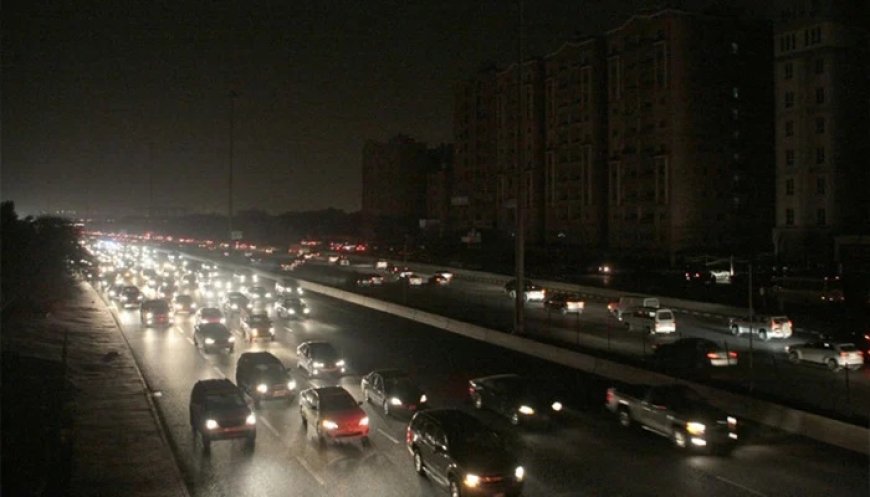Kuwait decides loadshedding to meet rising power demand in summer
Kuwait decides loadshedding to meet rising power demand in summer

1.
Kuwait has announced temporary power cuts in certain areas during peak consumption hours due to difficulties in meeting increased demand caused by extreme summer heat. The Ministry of Electricity, Water and Renewable Energy stated on Wednesday that these scheduled cuts, lasting up to two hours a day, are a first for the OPEC member state as climate change exacerbates rising temperatures.
The ministry attributed the power cuts to the inability of power plants to handle the surge in demand during peak hours, citing higher temperatures compared to previous years. On Thursday, the ministry released a schedule of expected cuts across several parts of the country and urged residents to ration their electricity use to reduce the load on power plants.
Kuwait, one of the largest crude oil producers in OPEC, is also one of the world's hottest desert countries. Climate change has intensified the summer heat, leading to longer and hotter peak periods. The reliance on air conditioners, which consume significant amounts of energy, has increased due to the extreme heat. According to Kuwait's Meteorological Department, temperatures reached nearly 50°C (122°F) on Thursday.
Kuwaiti astronomer and scientist Adel Al-Saadoun commented on the situation, stating, "What we are experiencing today is the result of climate change," and warned that temperatures are expected to exceed 50°C in the coming days.
In response to the power crisis, Kuwait recently signed short-term contracts to purchase 500 megawatts of electricity, including 300 MW from Oman and 200 MW from Qatar, effective from June 1 to August 31. Kuwaiti energy expert Kamel Harami emphasized the need for the country to upgrade its energy infrastructure and shift towards nuclear, solar, and wind energy. He warned, "This is only the beginning of the crisis, and the programmed cuts of electricity will continue in the coming years if we do not accelerate the construction of power stations."
Despite the power cuts, some residents, like Umm Mohammed, a Kuwaiti woman in her sixties, reported minimal impact. "We weren't severely affected," she told AFP, noting that her house remained cool during the brief two-hour outage. She also pointed out that excessive use of air conditioning, even when homes are unoccupied, contributes to the strain on power plants.


















































